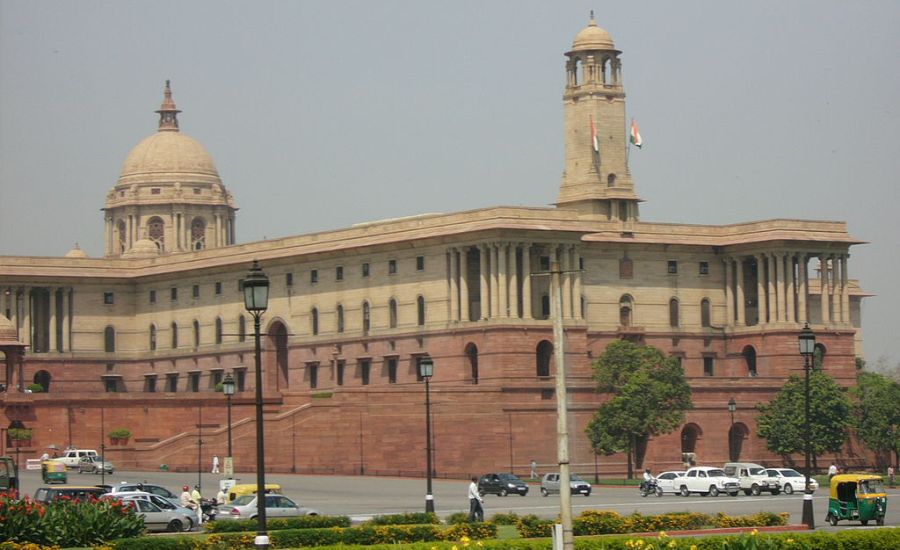
Yesterday, the Rajya Sabha approved the Appropriation Bill 2022. The Lok Sabha had done the same a week ago. With this, the Union Government is now authorized to withdraw Rs 122.43 lakh crore from the Consolidated Fund of India to meet its planned expenditure for 2022-23. This amount is the total of all ‘demand for grants’ put forward by various Union ministries in Parliament’s budget session. Each of these proposals was put to vote and obtained Lok Sabha approval.
These procedures are laid down in Article 112, Article 113, and Article 114 of our Constitution which aims to ensure parliamentary oversight of the Union Executive’s finances. However, there are a few items of expenditure like the salaries of the President and Supreme Court judges that should not be ‘submitted to the vote of Parliament’. This exception attracted criticism in the Constituent Assembly.
When these provisions were taken up for debate (as Draft Articles 92 and 93), the economist K.T. Shah insisted that independent India’s Parliament must in principle have the power to vote on any expenditure. The idea of keeping certain expenditures outside the ambit of a parliamentary vote, he continued, was a legacy of British rule:
‘For that regime, no doubt, it can be understood that there were many items of expenditure which it did not care, would not dare, to bring before the representatives of the Indian people. For instance, its huge defence expenditure, or its Home charges, and so on, if open to a Parliamentary vote, would never allow the Budget to be passed.’
In a similar vein, Shibban Lal Saxena pointed to a sub-clause in Draft Article 93 that allowed future parliaments to add to the list of expenditures that did not require parliamentary approval. Saxena appeared rather livid, and termed the provision as ‘…unprecedented in any constitution of the world…’ and asked Ambedkar to ‘…enlighten us how [the provision exception is] in consonance with democratic procedure…’ He felt that India’s ‘…sovereign parliament of the nation should have the right vote on every item of expenditure…’
Neither Ambedkar nor other members responded to these arguments. It appears that Shah and Saxena were alone in their concerns. The Assembly adopted the Articles with no amendments.
If we look closely at the items of expenditure that Draft Article 93 placed outside the ambit of Parliament’s vote – these include those related to the autonomous constitutional functionaries like the President, Judiciary and Comptroller, and Auditor-General. It’s likely that our Constitution framers felt that the independence of these functionaries and the separation of powers would be compromised if Parliament was given the authority to decide upon these institutions’ sensitive expenditures.
